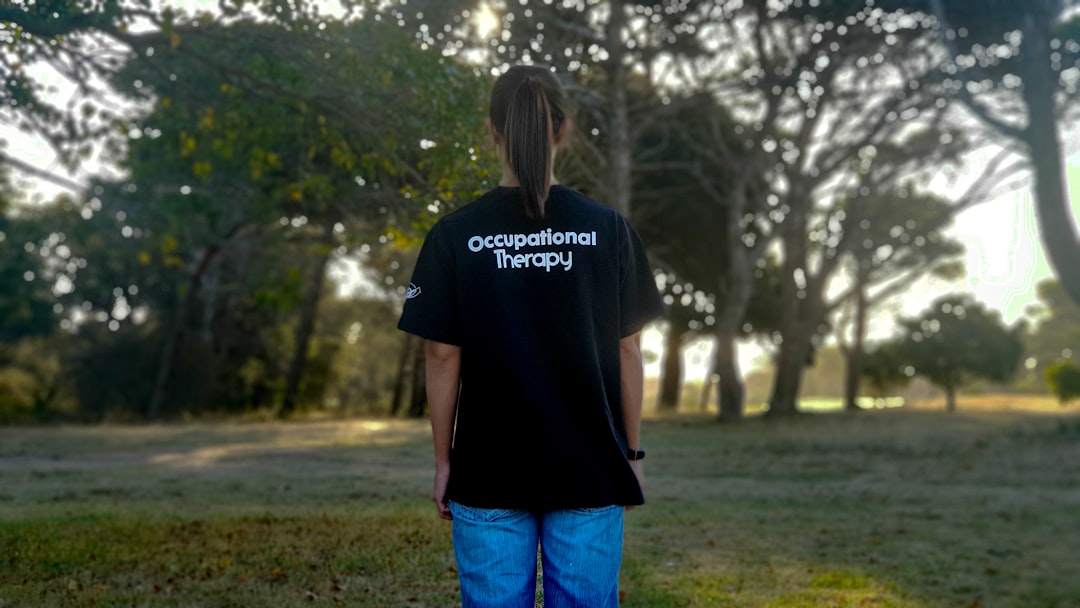Occupational Therapist Kaiwhakaora Ngangahau
Occupational therapists provide therapy and support to people with limited ability to carry out everyday activities because of illness, injury or disability.
Occupational therapists need to be registered with the Occupational Therapy Board.
Occupational therapists may do some or all of the following:
- assess clients' abilities and help them gain or regain skills
- plan and direct therapy treatment, including physical and social activities
- carry out workplace or home safety assessments
- provide advice on equipment or recommend changes to home or work environments
- advise clients on changes to their lifestyle to help them with daily activities
- observe and report on clients' progress.
Physical Requirements
Occupational therapists need to be reasonably fit and healthy as they may have to help lift patients.
Useful Experience
Useful experience for occupational therapists includes:
- working with children, the elderly or disabled people
- coaching and working with groups of people
- first aid experience.
Personal Qualities
Occupational therapists need to be:
- positive and encouraging
- approachable, with good communication skills
- skilled at report writing
- analytical and observant
- good at problem solving
- good at time management.
Skills
Occupational therapists need to have knowledge of:
- occupational therapy methods and research
- psychology, biology and anatomy
- how to negotiate with people and motivate them
- different cultures and customs.
Conditions
Occupational therapists:
- may do shift work that includes evenings or weekends
- may work in a variety of places, including hospitals, private clinics, nursing homes, workplaces and schools.
Subject Recommendations
NCEA Level 3 is required to enter tertiary training. Useful subjects include biology, chemistry, health and physical education.
Related Subjects
Occupational Therapists can earn around $58K-$119K per year.
Pay for occupational therapists varies depending on experience, qualifications and employer.
Occupational therapists working for Te Whatu Ora Health NZ (former DHBs)
- Occupational therapists usually earn $58,000 to $86,000 a year.
- Senior occupational therapists who supervise staff can earn $87,000 to $119,000.
Occupational therapists working in schools
- Occupational therapists working as interns usually earn $55,00 a year. In April 2024 this will rise to $57,000 a year.
- Occupational therapists can earn $68,000 to $115,000 a year. In April 2024 this will rise to $70,000 to $118,000 a year.
Pay for occupational therapists working in private practice depends on their experience and the success of their business.
Sources: Auckland Region District Health Boards/PSA, ‘Allied, Public Health, Scientific & Technical Multi Employer Collective Agreement, expires 30 June 2023’, 2022; District Health Boards/PSA, ‘Allied, Public Health, Scientific & Technical Multi Employer Collective Agreement, expires 30 June 2023’, 2022; and NZEI, 'Ministry of Education and NZEI Te Riu Roa Collective Agreement for Field Staff from 2023 - 2025'.
Occupational therapists may progress to work in management, teaching or research roles, or move into contracting work.
Occupational therapists can specialise in a specific area, such as:
- burn management
- driving assessments
- hand therapy
- mental health and addictions
- geriatrics (elderly people)
- paediatrics (children).
Years Of Training
3 years of training required.To become an occupational therapist you need to complete one of the following:
- Bachelor of Health Science (Occupational Therapy) at Auckand University of Technology (AUT)
- Bachelor of Occupational Therapy at Otago Polytechnic or Waikato Institute of Technology (Wintec).
- Auckand University of Technology (AUT) website - Bachelor of Health Science (Occupational Therapy)
- Otago Polytechnic website - Bachelor of Occupational Therapy
- Waikato Institute of Technology (Wintec) website - Bachelor of Occupational Therapy
Occupational therapists also need to be registered with the Occupational Therapy Board of New Zealand (OTBNZ) and have a current Practising Certificate.
The Vulnerable Children Act 2014 means that if you have certain serious convictions, you can’t be employed in a role where you are responsible for, or work alone with, children.

 Bethlehem College
Bethlehem College